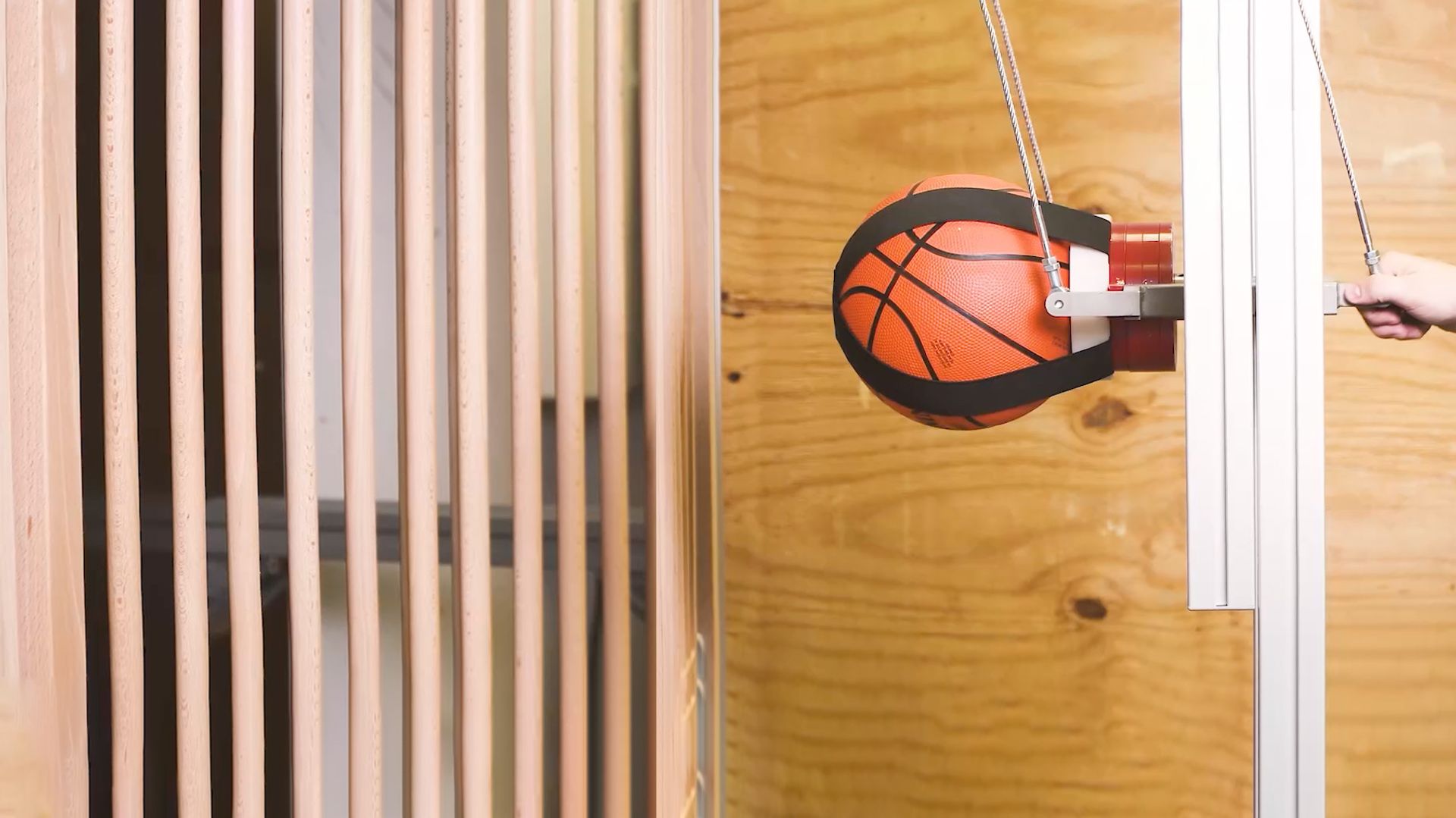QC Tailored for Juvenile Products
Children's furniture, child care products, and developmental accessories can put infants and young children at risk of injury or worse if they are not manufactured with the utmost concern for safety. Unfortunately, juvenile products have accounted for a large number of the recalls issued in the US and EU in recent years due to problems discovered after products enter the market. As a result, authorities have established more rigorous safety and testing requirements for many of the products in which parents and caregivers place their trust.
Changing standards and evolving regulations make it difficult for manufacturers, distributors and retailers to keep up with the current requirements. A trusted quality control partner can help with the challenge. QIMA offers testing services to help you avoid costly product recalls, build greater consumer confidence, and protect your brand reputation while ensuring consistent product quality and market compliance. With global experience in safety testing and market inspections, QIMA keeps up with the current state of regulations for markets around the world and can help you keep up, too.
Need more information?
By contacting QIMA you agree to our privacy policy and terms and conditions.
Juvenile Product Testing Requirements
When it comes to children's products, the most common hazards are related to choking, strangulation, entrapment, suffocation, toxicity, cuts, punctures, instability and weak components. Quality control and testing requirements are largely focused on minimizing these risks. EU and US regulations state that juvenile products must be tested by an accredited third-party laboratory to verify product safety and fitness for use.
Current regulations and standards for the US include:
16 CFR 1216 (ASTM F977-18) – Baby Walkers
16 CFR 1218 (ASTM F2194-16e1) – Bassinets/Cradles
16 CFR 1219 (ASTM F1169-19) –Full-Size Cribs
16 CFR 1220 (ASTM F406-19) – Non-Full-Size Cribs
16 CFR 1221 (ASTM F406-19) – Play Yards
16 CFR 1225 (ASTM F2050-19) – Hand-Held Infant Carriers
16 CFR 1226 (ASTM F2236-16a) – Soft Infant/Toddler Carriers
16 CFR 1227 (ASTM F833-19) – Carriages/Strollers
16 CFR 1230 (ASTM F2549-14a) – Frame Child Carriers
16 CFR 1231 (ASTM F404-20) – High Chairs
16 CFR 1232 (ASTM F2613-21) – Children's Chairs/Stools
16 CFR 1234 (ASTM F2670-18) – Infant Bath Tubs
16 CFR 1235 (ASTM F2388-18) – Baby Changing Products
16 CFR 1237 (ASTM F2640-18) – Booster Seats
16 CFR 1238 (ASTM F2012-18e1) – Stationary Activity Centers
16 CFR 1239 (ASTM F1004-19) – Expansion Gates/Enclosures
Current regulations for the EU include:
EN 716 – Cots and Folding Cots
EN 1130 – Cribs and Cradles
EN 1273 – Baby Walking Frames
EN 1400 – Soothers
EN 1466 – Carry Cots and Stands
EN 1888 – Pushchairs and Prams
EN 1930 – Safety Barriers
EN 12221 – Changing Units for Domestic Use
EN 12227 – Playpens
EN 12586 – Soother Holder
EN 12790 – Reclined cradles
EN 13209 – Framed Back Carrier and Soft Carriers
EN 14350 - Drinking Equipment
EN 14372 – Cutlery and Feeding Utensils
EN 14988 – Children's High chairs
EN 16120 – Chair Mounted Seats
EN 16232 – Infant swings
Juvenile Product Testing Expertise
QIMA laboratory tests ensure that your juvenile products meet the standards and regulations of your destination market. For the US market, QIMA is currently authorized to perform testing on baby walkers, bassinets, hand-held infant carriers, soft infant and toddler carriers, carriages, strollers, frame child carriers, high chairs, children's chairs/stools, infant bath tubs, booster seats, stationary activity centers, and expandable gates/enclosures. For EU, Australia and New Zealand, QIMA laboratories can test most juvenile products.
To ensure that all of your requirements are met, QIMA's custom-made testing programs address:
Risk assessment and design evaluation
Regulatory compliance tests
Chemical and analytical tests
Physical and mechanical tests
Performance and reliability rests
Labeling requirements, including warnings
QIMA's laboratories perform a wide range of tests covering every aspect of product quality and safety. Depending on the requirement, the following mechanical tests are common for juvenile products:

Sharp points/edges
Small parts
Stability and overload
Tipping resistance test
Compression test
Tension/torque tests
Seam strength tests
Load tests
Drop/impact tests
Latching/locking mechanism test
Disengagement test
Restraint system test
Entrapment tests
To confirm that products for infants and children are made from safe, non-toxic materials, QIMA's chemical tests can include, but are not limited to:
Lead content
Cadmium content
Phthalate content
Formaldehyde Release
Azocolourants and Azodyes
PFAS
For any additional testing you may need, QIMA provides customer test programs to meet specific client requirements.
Certifications for the Juvenile Product Industry
QIMA offers certification for a wide variety of juvenile products, which allow you to demonstrate superior product quality and safety to your consumers. Certification services you may choose from:
Why QIMA for Product and Supplier Compliance?
The QIMA Benefits
A network of global labs providing one-stop service to you and your suppliers
Industry leading turnaround time for testing
Testing capabilities covering a wide range of consumer products including electrical & electronics, hardlines, softlines, toys and juvenile products
Lab experts trained and certified in regulatory standards and the newest testing methods
Global technical support team with rich experience to help you build tailor-made testing programs
Easy online and mobile booking and dashboard for managing orders and accessing data anywhere, any time
